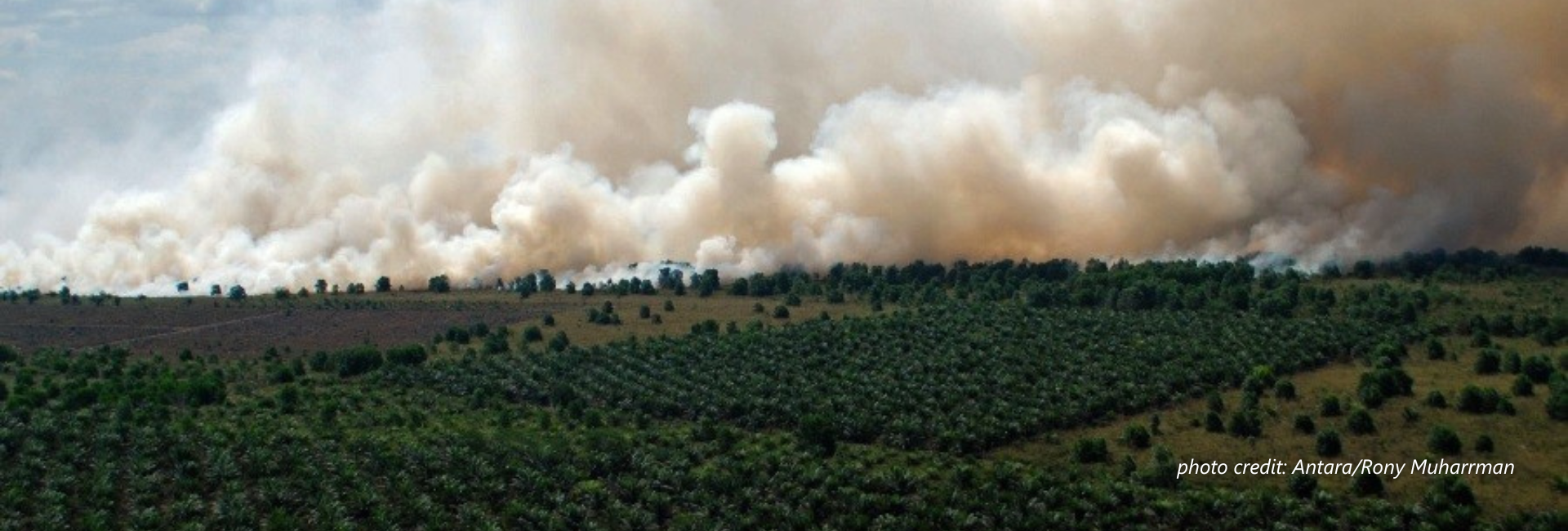Land-clearing forest fires in Indonesia cause enormous private and social losses in the form of greenhouse gas emissions, deforestation, habitat destruction, worsened human health, and strained international relations. These fires are almost always deliberately set, often (but not always) by smallholders as they seek to expand farm size. The Government of Indonesia has taken primarily a regulatory approach to preventing these fires by imposing bans and making them illegal. This paper studies an alternative approach, explored in part through a large policy experiment focused instead on the use of positive financial incentives. We first summarize our 275-village randomized control (RCT) policy experiment from 4 fire-prone districts in West Kalimantan. These results showed no effects on fire outcomes from a conditional cash payment, even though there were some changes in behavior. The article then draws on survey results and other published documents to explain qualitatively why the results occurred. We argue that climate variation, government policy on decentralization, population density, and accidents appear to explain fire outcomes among villages more than did the opportunity to “win” a conditional payment of USD 10,800. Fundamentally, this sum did not compete with the high net present value of land for growing oil palm. The high net present value appeared to prove irresistible to a small percentage of villagers, despite the illegality of using fire to clear forested margins. More generally, this article provides a broad, cautionary understanding of why policies that only use conditional payments to prevent fires are unlikely to be successful in Indonesia’s oil palm regions.



